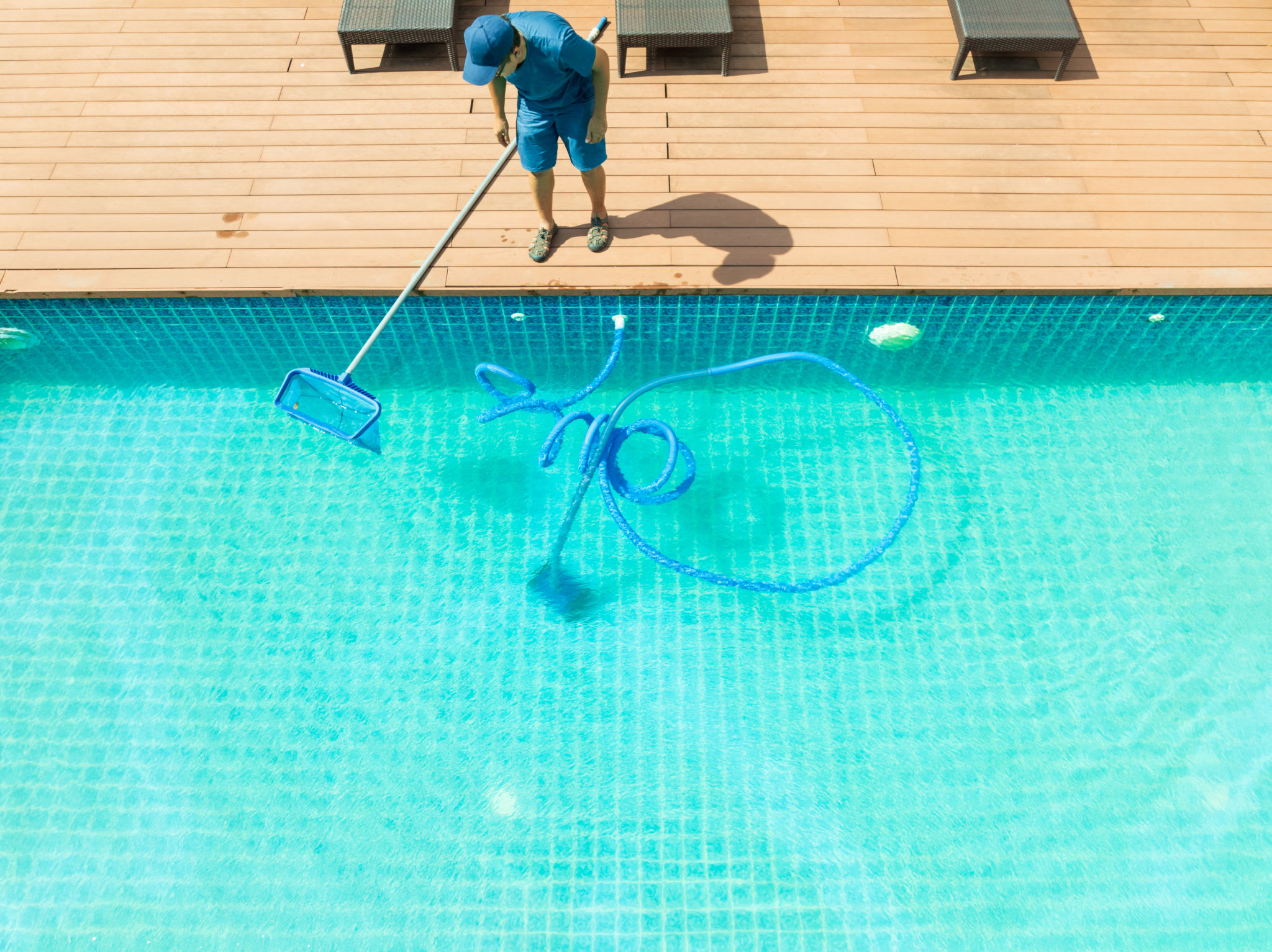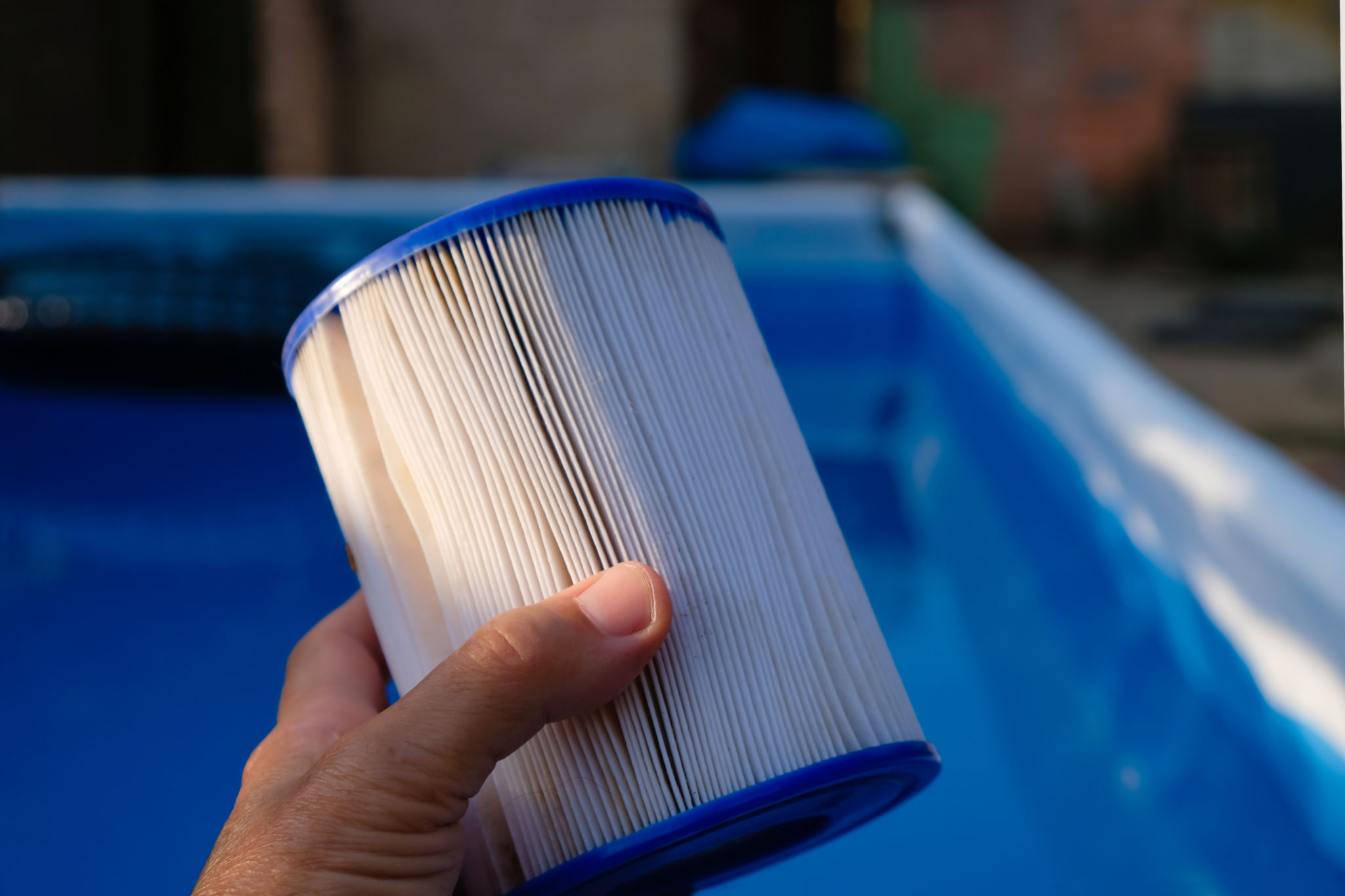DIY Pool Maintenance: Essential Tips for Clark County Homeowners
TS
Understanding Your Pool Type
Maintaining a pool can seem like a daunting task, especially for new homeowners in Clark County. However, understanding your pool type is the first step to efficient maintenance. Pools generally fall into two categories: above-ground and in-ground. Each type has its specific requirements and care techniques.
Above-ground pools often require different equipment and chemicals compared to in-ground pools. Knowing your pool type will help you select the right tools and products, ensuring that your maintenance routine is both effective and efficient.

Maintaining Water Quality
Water quality is crucial for a healthy and enjoyable swimming experience. Regular testing and balancing of the pool water are essential tasks. It's important to check the pH levels, alkalinity, and calcium hardness weekly. The ideal pH level for pool water is between 7.2 and 7.6.
Using a reliable pool test kit, you can easily monitor these levels. If the readings fall outside the recommended range, adjust them using appropriate chemicals. Consistent monitoring helps prevent algae build-up and ensures swimmer safety.
Chlorination
Chlorine is the most common chemical used to sanitize pool water. It helps eliminate bacteria and keeps your pool clean. There are multiple ways to add chlorine to your pool, such as liquid chlorine, tablets, or granules. Choose a method that suits your schedule and pool size.

Regular Pool Cleaning
Keeping your pool clean goes beyond maintaining water chemistry. Regular cleaning prevents debris build-up and extends the lifespan of your pool equipment.
- Skimming: Use a net skimmer to remove leaves and debris from the surface of the water daily.
- Brushing: Brush the walls and floor of your pool weekly to prevent algae growth.
- Vacuuming: Vacuum the pool at least once a week to keep it free of dirt and other particles.
Filter Maintenance
Your pool's filter plays a vital role in keeping the water clean by trapping dirt and debris. Depending on your filter type—cartridge, sand, or diatomaceous earth—maintenance routines will vary. Clean or backwash your filter system regularly to ensure it operates efficiently.

Managing Pool Equipment
Pool equipment such as pumps, heaters, and lights require routine checks to ensure they are functioning correctly. Inspecting these components periodically can prevent costly repairs or replacements in the future.
Ensure that the pump operates at optimal levels by checking for leaks and unusual noises. Clean the pump basket regularly to avoid blockages that could harm performance.
Seasonal Considerations
Clark County's climate can impact how you maintain your pool throughout the year. During extreme heat in the summer months, water evaporation rates increase, necessitating more frequent water level checks. Conversely, during cooler months, you may need fewer chemicals due to reduced usage.
Safety First
While maintaining your pool, always prioritize safety. Use secure storage for chemicals, ensuring they are out of reach of children and pets. Additionally, consider installing safety barriers or covers to prevent accidental falls or unauthorized access.
By incorporating these essential DIY maintenance tips, Clark County homeowners can enjoy a pristine pool all year round. Regular attention to your pool's needs not only enhances its longevity but also provides a safe and enjoyable swimming environment for family and friends.